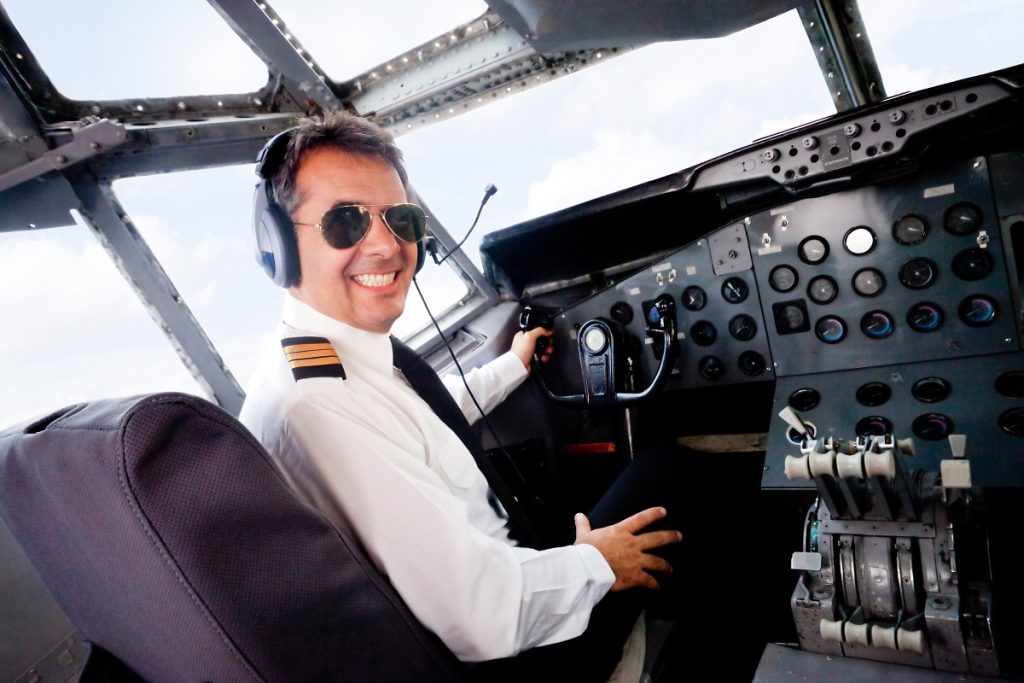- Pursuing additional education and certifications in aviation can significantly enhance one’s career prospects and marketability in this competitive industry.
- Networking effectively and keeping up-to-date with industry trends is key to staying relevant and opening doors to new opportunities in the aviation sector.
- Soft skills like communication, problem-solving, and adaptability can greatly improve one’s career trajectory in the highly collaborative and customer-focused aviation industry.
- Gaining practical experience through flight hours, internships, and entry-level positions enriches one’s professional journey and prepares them for more challenging roles in the aviation industry.
Navigating a career in the aviation industry can be thrilling, but increasing your marketability is essential to reach the highest heights. Whether you’re a seasoned professional or a fresh recruit, diversifying your skill set, staying abreast of industry trends, and networking effectively can give you the edge in this competitive field. Delve into some career tips that could propel your aviation career forward.
Pursue Further Education
In the rapidly evolving aviation industry, having a broad knowledge base and staying informed about the latest advancements is crucial. Pursuing further education through degree programs or certification courses can augment your understanding of the industry’s intricate dynamics.
Whether it’s acquiring a master’s degree in Aviation Management or earning a technical certificate in a specialized area like Aircraft Maintenance, additional education can make you stand out to potential employers. It shows your commitment to the field and eagerness to adapt and grow.
Moreover, many institutions offer online courses, enabling you to learn from any location at your convenience. By investing time in further education, you can gain a competitive edge and enhance your career prospects in the aviation sector.
Multi-Engine Training
For those aspiring to fly larger aircraft or seeking higher-paying positions within the aviation industry, attending a multi-engine pilot training school is a step forward you should consider. This kind of training equips you with the skills necessary to operate aircraft with multiple engines, offering a wider range of opportunities for career advancement.
Multi-engine training typically involves both in-class theoretical learning and practical, hands-on flight training, providing a comprehensive understanding of the complexities of multi-engine aircraft operation. In this course, you will learn about the intricacies of engine operation, the effects of engine failure, and how to handle emergencies.
Attending a multi-engine pilot training school will enhance your skill set and increase your employability in more prestigious roles within the aviation industry. It’s a significant commitment but with great rewards for those passionate about aviation.
Stay Updated with Industry Trends
In the dynamic world of aviation, keeping track of industry trends and policy changes is paramount to staying relevant and advancing your career. Here are some tips:
Network Effectively

To succeed in the aviation industry, networking is as important as any other skill. It’s more than just a buzzword; it’s a strategic instrument for career growth. Leveraging platforms like LinkedIn to connect with industry professionals and join relevant aviation groups. Attend industry conferences, seminars, and workshops to meet like-minded individuals. Engage in active discussions, share insights, and show genuine interest in others’ opinions.
Participating in networking events allows you to learn from the experiences of seasoned professionals and helps you stay abreast of the latest industry trends. Remember, a strong professional network can open doors to new opportunities and offer valuable advice and support during challenging times. So be proactive in making connections and nurturing these relationships.
Develop Soft Skills

While technical understanding is key in the aviation industry, do not underestimate the power of strong soft skills. As a professional in this field, you will often work in teams, with diverse clientele, or even in high-stress situations. Therefore, developing soft skills such as communication, problem-solving, adaptability, and emotional intelligence can significantly enhance your career prospects.
Effective communication, for instance, can help you articulate ideas more clearly, build stronger workplace relationships, and avoid misunderstandings. Adaptability means adjusting quickly to new regulations, technologies, or unexpected situations. With strong problem-solving skills, you can navigate challenges efficiently and think on your feet, a critical attribute when dealing with emergencies.
Lastly, emotional intelligence allows you to deal compassionately and competently with a diverse range of people, an essential aspect of the customer-focused aviation industry. Prioritizing the development of these soft skills can, therefore, be instrumental in propelling your aviation career forward.
Get Certified
Having the right certifications can significantly improve your career prospects in the aviation industry. Various aviation certifications, such as Airframe and Powerplant (A&P), can make you more desirable to potential employers. An Airline Transport Pilot (ATP) license can open up opportunities for more prestigious roles if you’re a pilot.
For those working in the safety and operations sector, a Certified Aviation Manager (CAM) designation can validate your skills and position you as a leader in the field. Remember that each certification requires a commitment to ongoing learning and meeting specific industry standards.
Therefore, they enhance your resume and demonstrate your dedication to maintaining high proficiency in your role. So, whether you’re just starting or looking to advance in your aviation career, acquiring relevant certifications can be a strong move.
Gain Experience
Experience is the cornerstone of any successful career, and the aviation industry is no exception. Accumulating a wealth of practical experience can significantly enhance your credibility and job prospects. Logging flight hours is crucial for pilots as it improves your proficiency and is a key requirement for higher-level roles.
On the other hand, ground staff can benefit from experience in different aspects of airport operations, offering a broader perspective that can be advantageous for managerial roles. For aviation engineers, hands-on experience in aircraft maintenance and repair can help hone their skills and knowledge in real-world settings.
Internships, apprenticeships, and entry-level positions are excellent avenues to gain this invaluable experience. Remember, every job you take and every task you handle enriches your professional journey, preparing you for more challenging roles in the aviation industry.
In conclusion, your aviation career’s trajectory is in your hands. Equip yourself with the right education, skills, certifications, and experience. Always be proactive, adaptable, and network-minded. Remember, every step you take today is a stepping stone to your future success. Take control of your career now and soar to new heights in the aviation industry.






